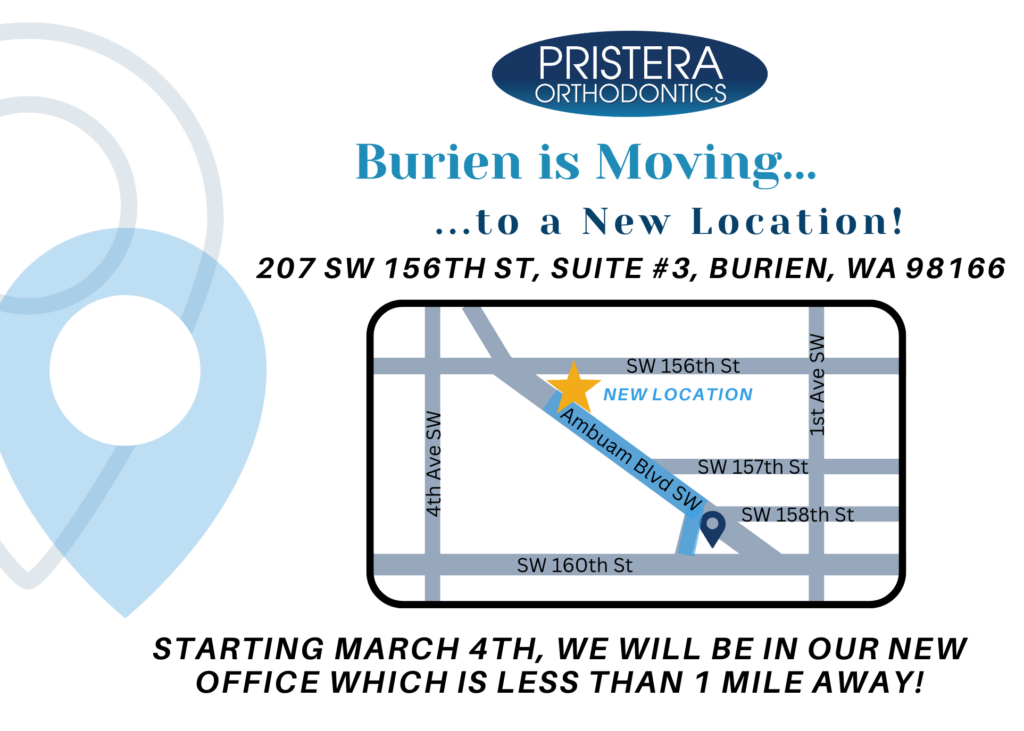Understanding orthodontic terminology can help patients feel more comfortable and informed during their treatment journey. Our comprehensive glossary covers a wide range of orthodontic appliances, tools, and procedures that are essential to creating beautiful, healthy smiles. From brackets and archwires to specialized devices like the Herbst appliance and palatal expander, each term represents a critical component in correcting dental alignment and bite issues. Whether you’re curious about interceptive treatment for children or want to learn from our orthodontic glossary and more about fixed retainers, this glossary provides clear, concise definitions to demystify the orthodontic process and empower patients with knowledge about their dental care. Don’t forget to visit our Facebook!
APPLIANCE
Anything attached to your teeth that moves your teeth or corrects your bite.
ARCHWIRE
A wire that engages in orthodontic attachments, affixes to the crowns of two or more teeth and guides the direction of tooth movement.
BAND (ORTHODONTIC)
A thin metal ring, usually stainless steel, which secures orthodontic attachments to a tooth. The orthodontist closely adapts the band to fit the contours of the tooth and then cements it into place.
BRACKET
An orthodontic attachment made of metal, ceramic or plastic that holds the archwire against each tooth. The archwire fits into a slot in the bracket. Orthodontists may attach brackets directly to each tooth or to a band.
CERAMIC BRACKETS
Crystalline, alumina, tooth-shade or clear synthetic sapphire brackets that appear aesthetically more attractive than conventional metal attachments.
CHAIN
An elastic chain that holds the archwires onto the brackets.
COIL SPRING
The coil spring fits between brackets and over the archwire.
DEBANDING
The process of removing cemented orthodontic bands.
ELASTICS (RUBBER BANDS)
A tiny rubber ring that ties the archwire into the bracket. Orthodontists offer numerous colors for better appearance.
FIXED RETAINER
A permanent retainer that orthodontists bond to the back side of the front teeth to keep the teeth from shifting from their new position.
HABIT APPLIANCE
An appliance that deters thumb or finger sucking habits.
HEADGEAR
Generic term for extraoral traction (orthodontists attach it around the back side of the head) for growth modification, tooth movement and anchorage.
HERBST APPLIANCE
Fixed or removable appliance orthodontists commonly design for overbite problems.
IMPRESSIONS
An imprint or mold of the teeth orthodontists use to design an orthodontic treatment plan.
INTERCEPTIVE TREATMENT
Interceptive treatment, also known as early treatment, involves limited orthodontic treatment usually performed between the ages of 6 and 10. This phase of treatment makes future orthodontic treatment faster and less invasive.
LINGUAL APPLIANCES
Orthodontic appliances orthodontists fix to the interior (tongue) side of teeth.
MARA APPLIANCE
A growth appliance that helps correct overbites by positioning the patient’s lower jaw forward.
MAXILLARY
Of or pertaining to the upper jaw. Orthodontists may use this term to describe teeth, dental restorations, orthodontic appliances or facial structures.
MOUTHGUARD
A mouthpiece that protects the braces and teeth while the patient plays a sport.
PALATAL EXPANDER
Orthodontists attach this to the upper molars through bonding or by cemented bands, and use it to create a wider space in the upper jaw.
RADIOGRAPH
A permanent image, typically on film, that ionizing radiation produces. Sometimes called an X-ray after the most common source of image-producing radiation.
RETAINER
Any orthodontic appliance, fixed or removable, that maintains the position of the teeth following corrective treatment.
SEPARATOR (SPACER)
Small elastics that fit snugly between certain teeth to move them slightly so orthodontists can place bands around them later.
WAX
Patients place wax over a bracket or poking wire that causes irritation to the lip or cheek.

